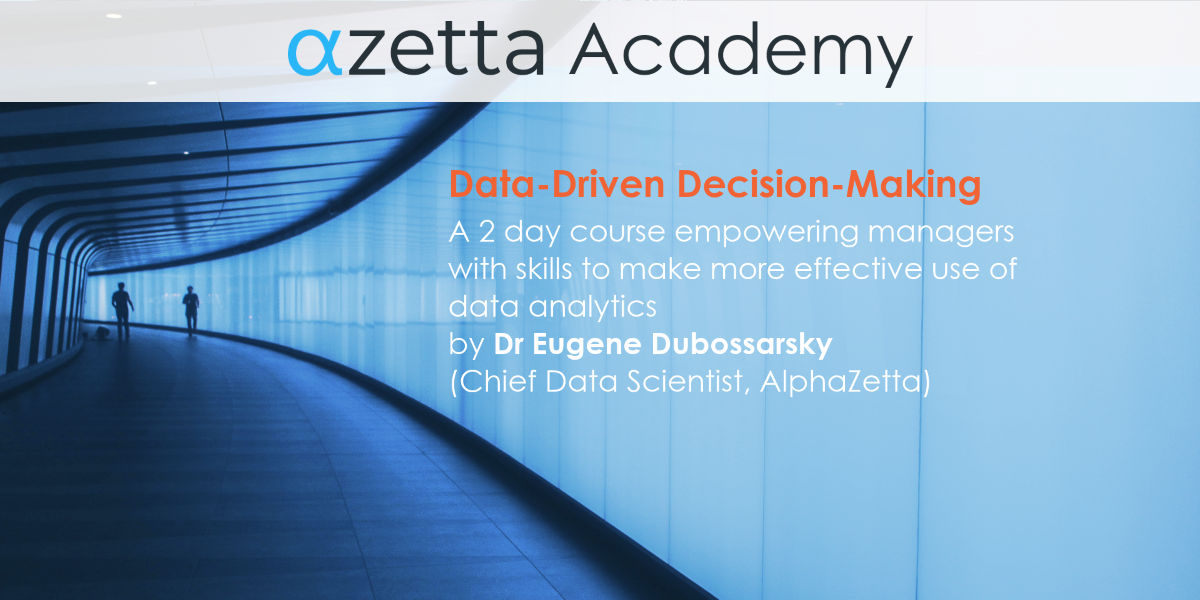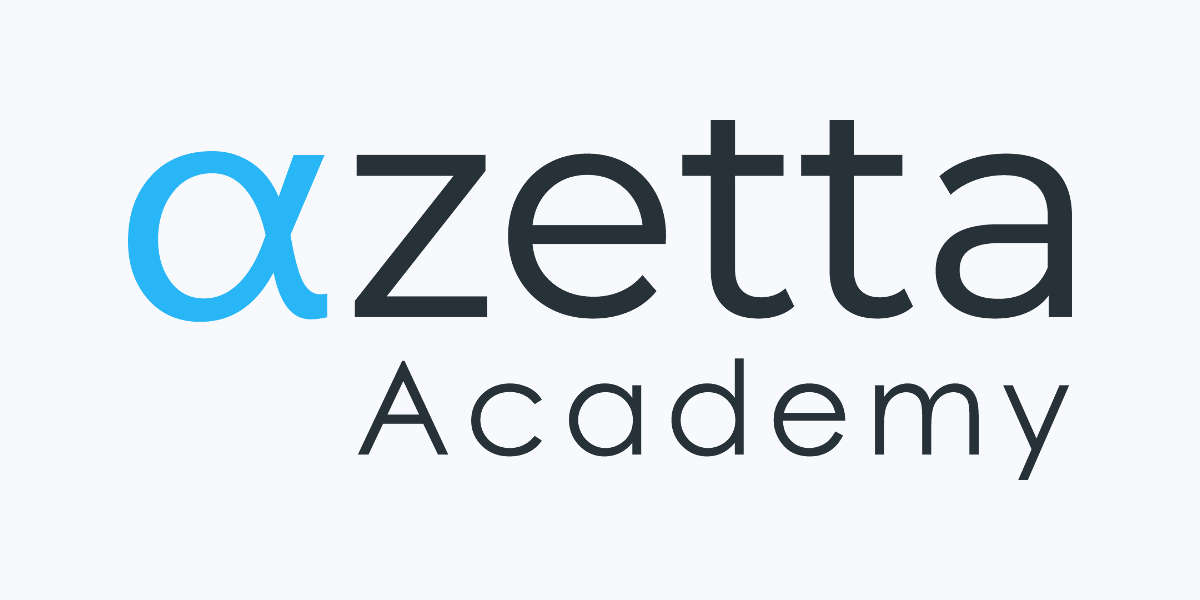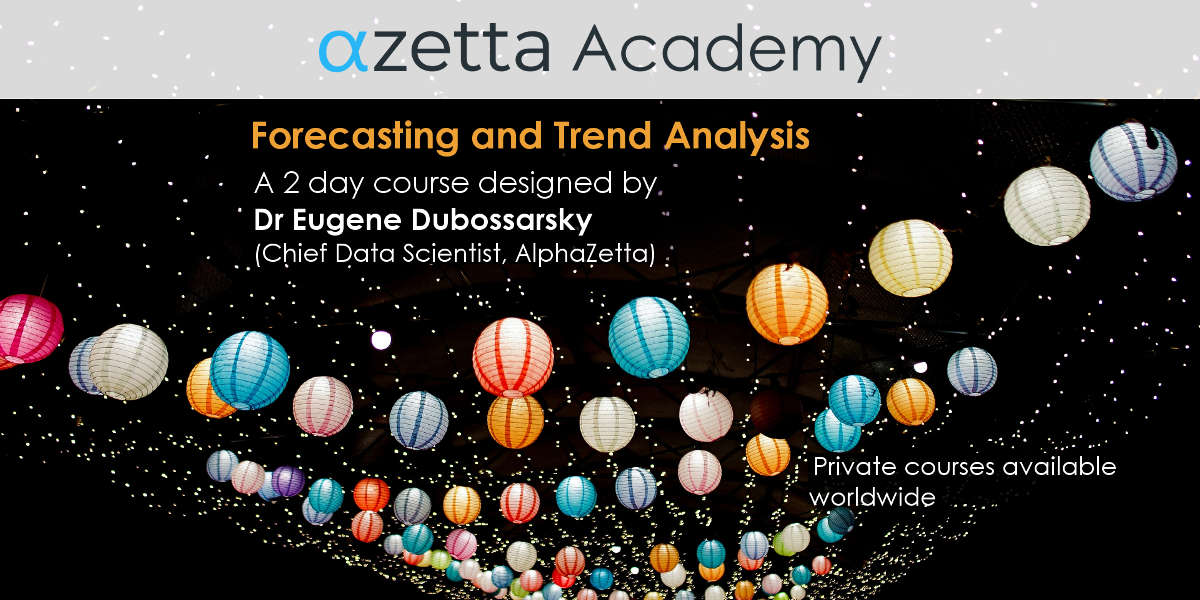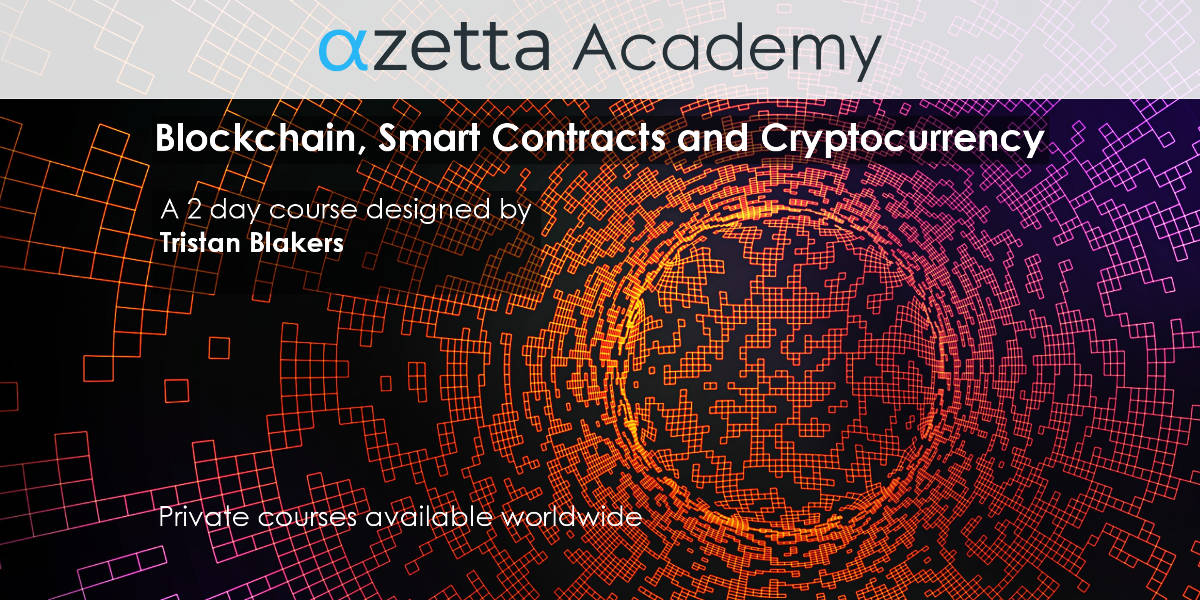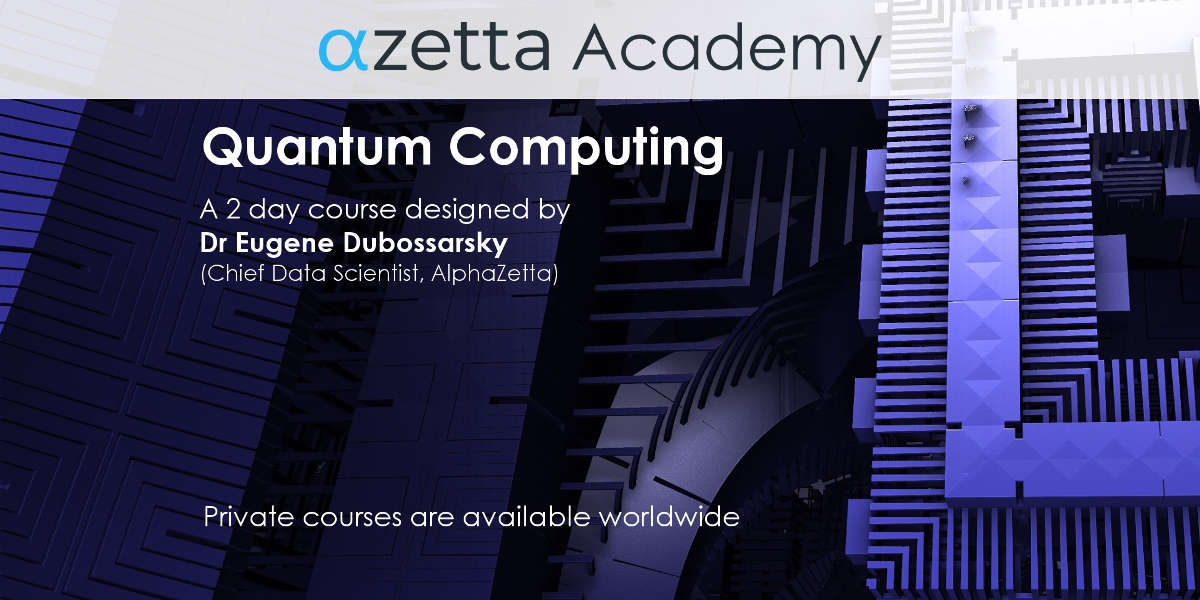Data-Driven Decision-Making
The Data-Driven Decision-Making course is for executives and managers who want to leverage analytics to support their most vital decisions and enable better decision-making at the highest levels. It empowers senior executives with skills to make more effective use of data analytics. It covers contexts including strategic decision-making and shows attendees ways to use data to make better decisions. Attendees will learn how to receive, understand and make decisions from a range of analytics methods, including visualisation and dashboards. They will also be taught to work with analysts as effective customers.

